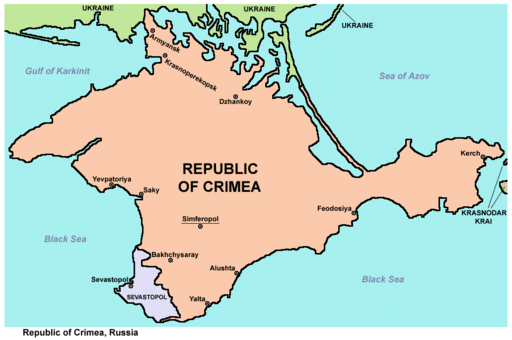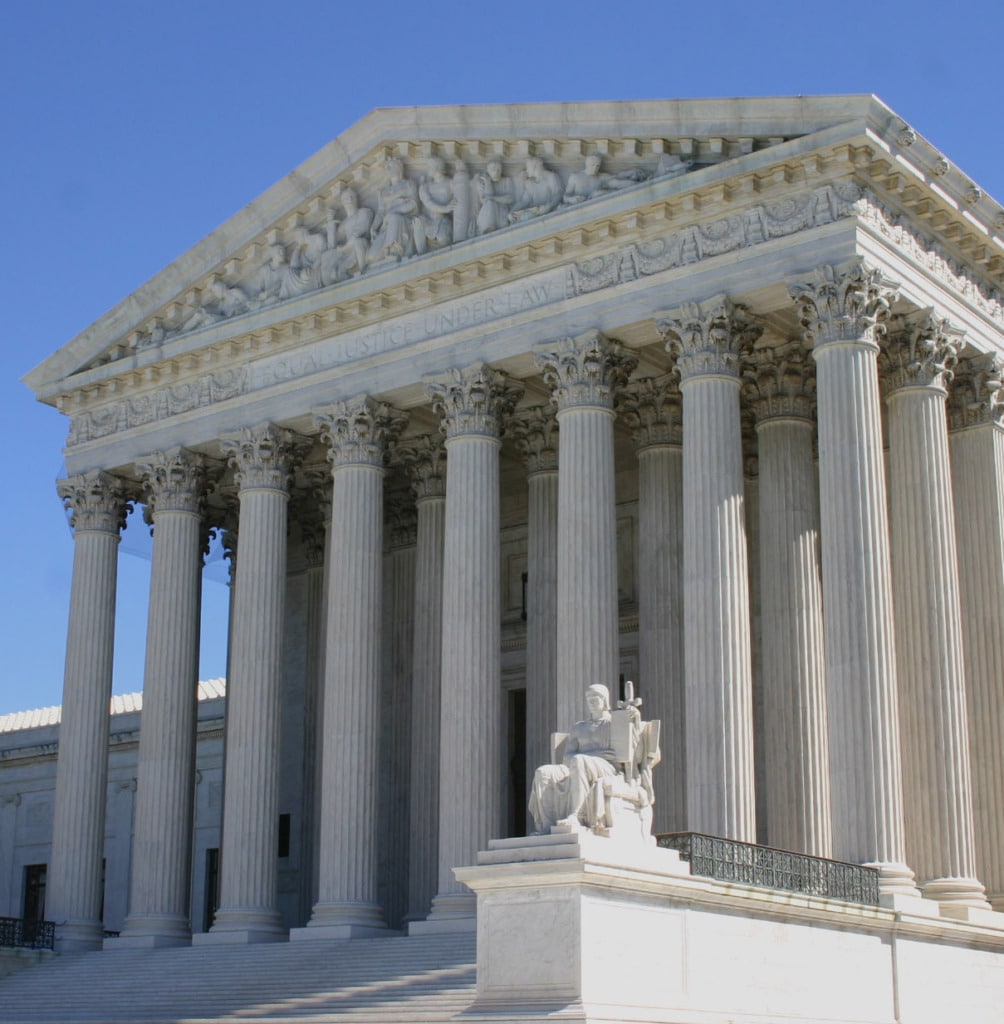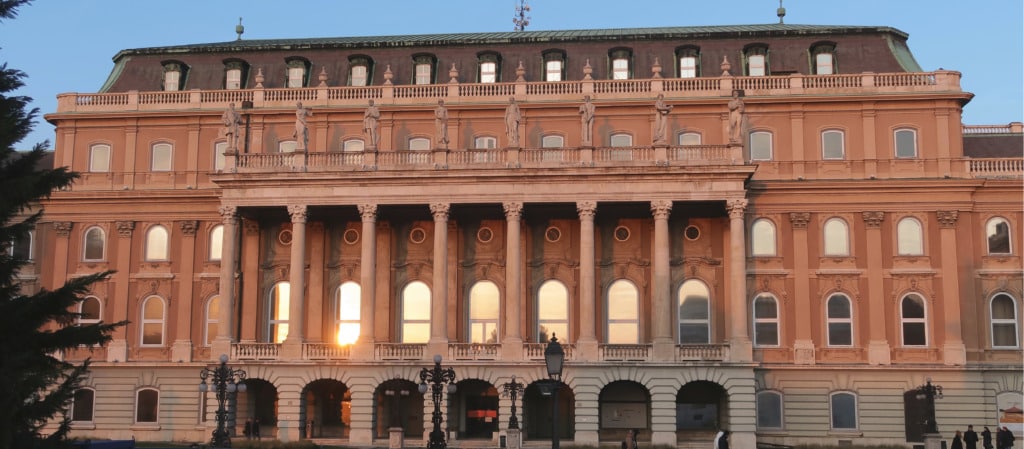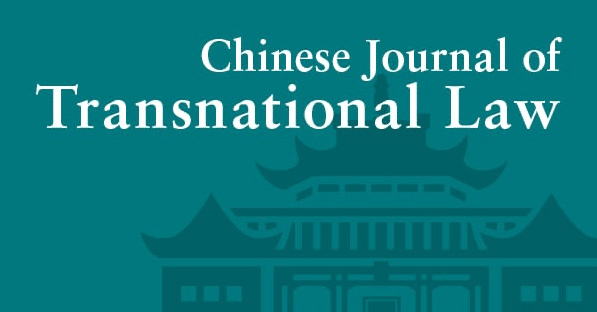Enforcement of Arbitral Awards against Russia for Expropriation of Property in Crimea
The D.C. Circuit recently cleared the way for the enforcement of foreign arbitral awards against Russia for the expropriation of electricity and gas infrastructure in Crimea. Russia argued in the case, Stabil v. Russian Federation, that there was no jurisdiction because the arbitration exception to the Foreign Sovereign Immunities Act (FSIA) did not apply and…
Continue ReadingPreview of Supreme Court Arguments in Helms-Burton Act Cases: Havana Docks and Cimex
On February 23, 2026, the Supreme Court will hear oral arguments in Havana Docks Corp. v. Royal Caribbean Cruises and Exxon Mobil Corp v. Corporación Cimex. Prior coverage is here, here, and here. The Helms-Burton Act cases slated for argument on February 23 present the following two questions: Question 1: The issue before the Court…
Continue ReadingA Narrow Interpretation of the FSIA’s Expropriation Exception
Introduction Three generations of the Herzog family have sought to recover some $100 million in artwork stolen by Hungarian government officials and Nazi collaborators during and following World War II. The looted works included pieces by the renowned artists El Greco, Renoir, and Monet. To the family’s disappointment, the Court of Appeals for the D.C….
Continue ReadingEnforcing U.S. Judgments Against “Foreign” Assets of Foreign Sovereigns: a Rejoinder
On June 30, 2025, in Petersen Energia Inversora, S.A.U. v. Argentine Republic, a federal district court in New York ordered the Republic of Argentina to “(i) transfer its Class D shares of YPF to a global custody account at BNYM in New York within 14 days from the date of this order; and (ii) instruct…
Continue ReadingChina’s Covid Countersuit
As the Covid pandemic raged in 2020, plaintiffs began filing suits in U.S. courts seeking damages from the People’s Republic of China and other Chinese defendants. In March 2025, a U.S. district court awarded the State of Missouri a default judgment for $24 billion against nine Chinese defendants. In November 2025, another district court awarded…
Continue ReadingDim Sum Bonds, Panda Bonds, and Dispute Resolution
China’s push to internationalize the renminbi (RMB, or yuan) since 2008 has led to the growing share of RMB-denominated bonds in the international bond market. So-called “panda bonds” and “dim sum bonds” are variants of RMB-denominated bonds. Panda bonds are onshore RMB debt issued in China by entities domiciled outside mainland China. Overseas issuers use…
Continue ReadingNew Developments in U.S. Covid Litigation Against China
Just last month, I wrote about suits filed in U.S. courts against the People’s Republic of China and other Chinese entities for damages arising from the Covid pandemic. In the last two weeks there have been two significant developments. First, on November 14, 2025, the U.S. District Court for the Southern District of Mississippi (Judge…
Continue ReadingDoes China Have to Pay Qing Dynasty Bonds?
China’s last imperial dynasty, the Qing, fell in 1912. But some bondholders have not given up trying to collect on bonds issued as long ago as 1898. The latest attempt claims that the People’s Republic of China (PRC) violated priority clauses in these old bonds when it issued dollar-denominated bonds in 2020 and 2021, some…
Continue ReadingU.S. Covid Lawsuits Against China
[This post is based on a keynote address delivered at a webinar on “Law Across Borders” hosted by the Chinese Journal of Transnational Law on October 16, 2025.] At a conference at Wuhan University two years ago, I provided a U.S. perspective on China’s new Foreign State Immunity Law. By passing this law, China adopted…
Continue ReadingThe New State Capitalism and Foreign Sovereign Immunity
As governments play an increasingly aggressive and direct role in capitalist economic systems (the “new state capitalism”), the line between sovereign and commercial conduct may become more difficult to draw for the purposes of foreign sovereign immunity. For example, Switzerland acted in some ways like a private investment bank when it negotiated a 2023 deal…
Continue Reading







